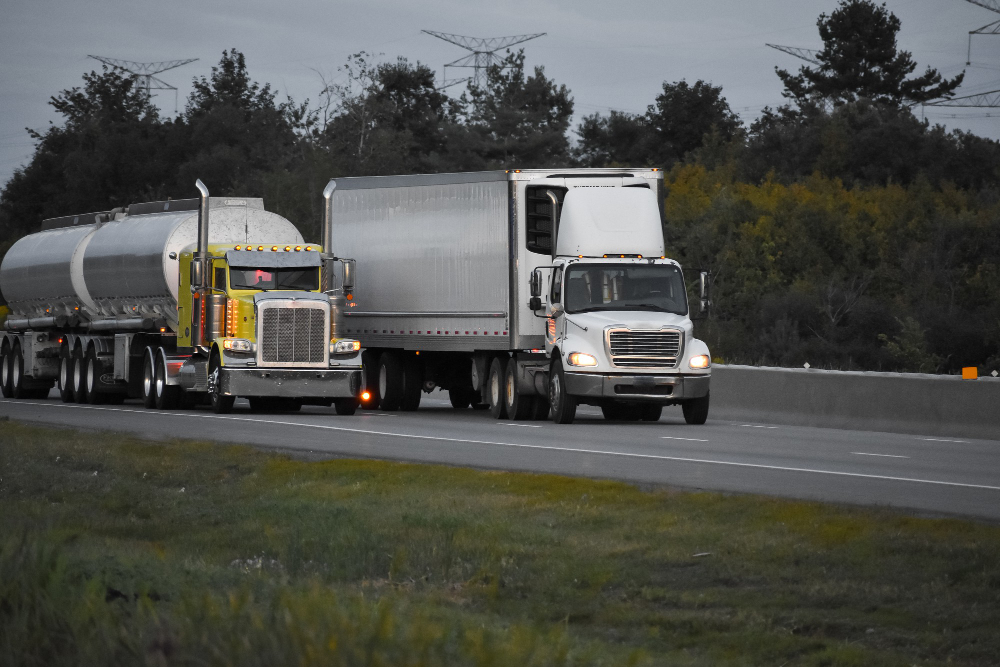Mayor disbands Polish truckers’ blockade of one border crossing with Ukraine
A local mayor in Poland has disbanded one of the protests by Polish truckers, who have been blocking four border crossings with Ukraine in response to what they say is unfair competition from their Ukrainian counterparts.
The mayor argues that the truckers – whose actions have led to days-long queues to cross the border – have not been complying with the agreed terms of their protest. They deny that, and say they will challenge the official’s decision in court and also continue other forms of protest.
In his decision, Wojciech Sawa, mayor of the Dorohusk district, cited “a large-scale threat to property” and “the blocking of road traffic” as reasons for disbanding the protest.
“I can no longer allow the district’s residents to lose work,” he told news website Interia. “The carriers are not complying with the arrangements and are not allowing through ADR [dangerous goods] transports to the extent agreed.”
The protesters received his decision at around 1 p.m. today but initially refused to comply, resulting in the police being called out. However, before they arrived, the protesters had accepted the mayor’s decision and started allowing trucks to pass.
Broadcaster Polsat also cited Ukrainian government and border guard officials confirming that traffic at the crossing has resumed as normal for the first time since the protest began early last month.
Despite agreeing to disband, the protesters continue to reject the mayor’s claims, calling his decision “politically motivated”. They say they have not broken any arrangements. “You can see that we allow humanitarian transport, ADR and food with a short shelf life [to pass],” one of them told Interia.
The participants announced that, as well as challenging the mayor’s decision in court, their protest would continue in a different form, with Interia reporting that they do not rule out holding a demonstration in Warsaw.
Polish truck drivers initially began blocking three border crossings with Ukraine (Yahodyn-Dorohusk, Rawa-Ruska-Hrebenne, Krakyvets-Korczowa) in protest against what they say has been a “flood” of Ukrainian carriers since restrictions on their entry to the EU were loosened in the wake of Russia’s invasion.
The protest was later expanded to the Medyka crossing. The Polish hauliers want the reinstatement of the pre-war permit system that limited the entry of Ukrainian carriers.
Ukraine has condemned the protest and called on the EU to send a team to monitor the situation at the border. Brussels has itself criticised both the protest and the Polish government’s approach to resolving it.

